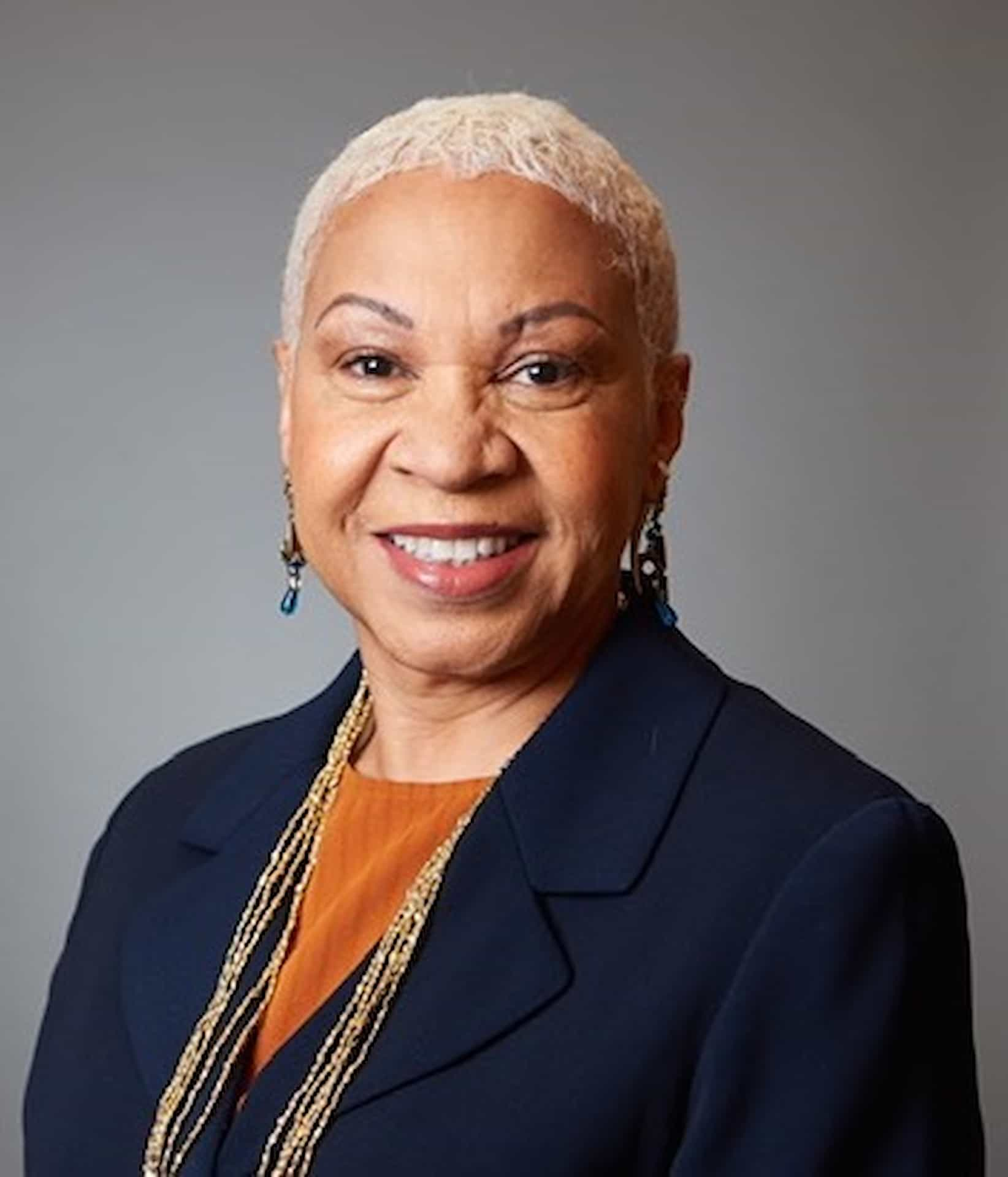Honoring Black Social Workers in the Hospice Care Movement
Black social workers have played a transformative role in the hospice care movement, ensuring that patients and families receive compassionate, holistic support during life’s most difficult moments.
Ida Moffett, a social worker and nurse who dedicated her career to providing compassionate care in underserved communities, helped lay the foundation for integrating social work into hospice care. Her advocacy for patient-centered care and her commitment to addressing disparities influenced many in the hospice movement.
Dr. Bernice Catherine Harper, worked at the federal level to shape hospice policies. As a medical social worker and healthcare administrator, Dr. Harper authored the influential book “Death: The Coping Mechanism of the Health Professional,” which encouraged hospice workers to prioritize emotional and psychological support. Her work directly shaped hospice programs and inspired countless social workers to join the field. |  |
 | Hattie Bessent, a champion of mental health services for underserved populations, made significant contributions to training social workers and nurses to address these challenges. Her work underscored the importance of empathy and cultural sensitivity in delivering end-of-life care. |
Dr. Joy DeGruy, applies her expertise in social work and trauma to address the emotional toll of terminal illness on Black families. Her teachings on intergenerational trauma encourage hospice providers to adopt approaches that honor the unique needs of patients from diverse cultural backgrounds. |  |
As we celebrate Black History Month, we recognize and honor the incredible contributions of Black social workers to the hospice movement. Their work not only provides dignity and comfort to patients but also inspires lasting change within healthcare systems.
